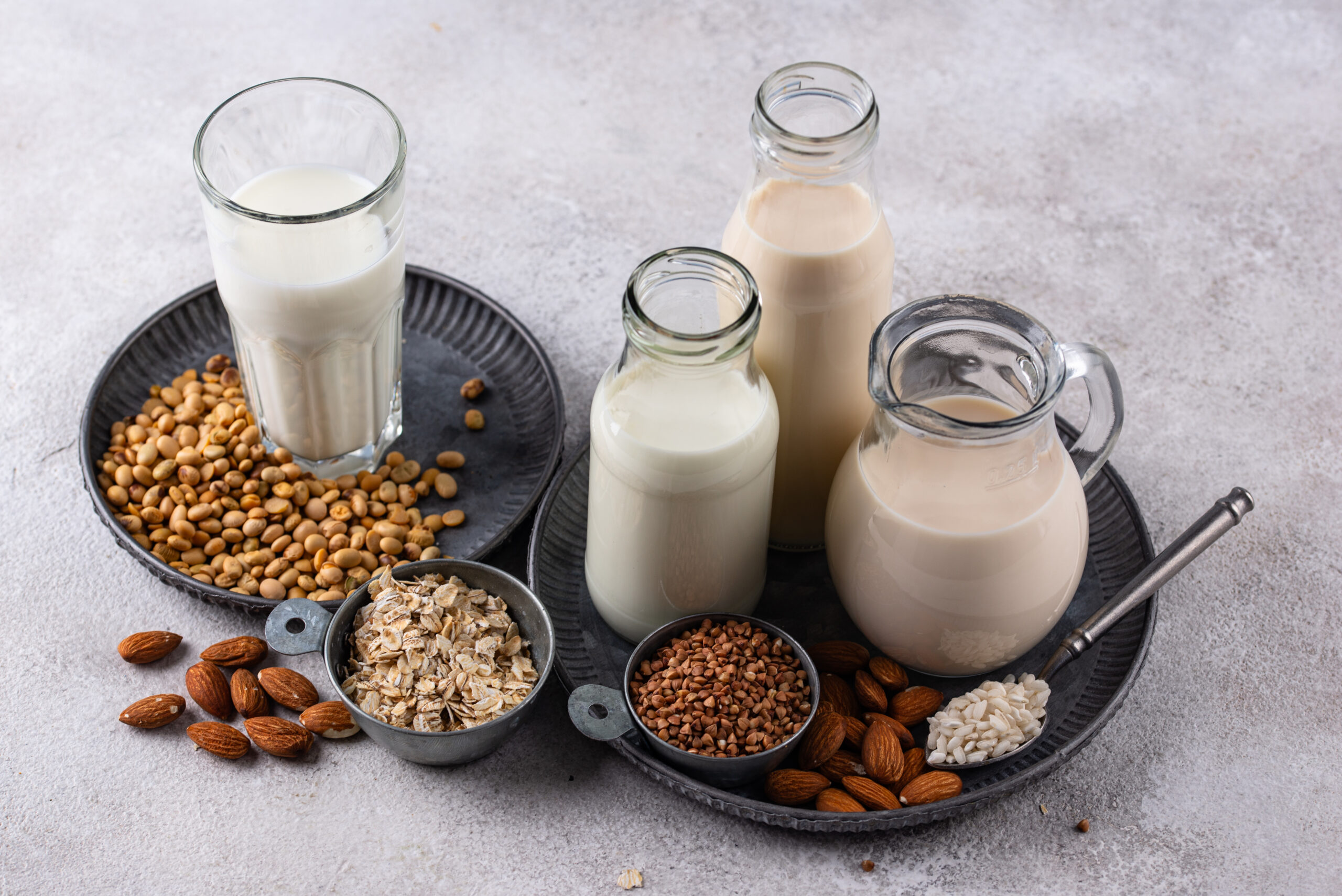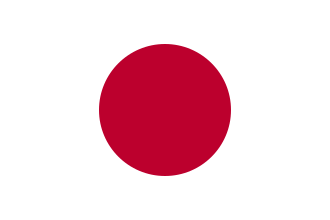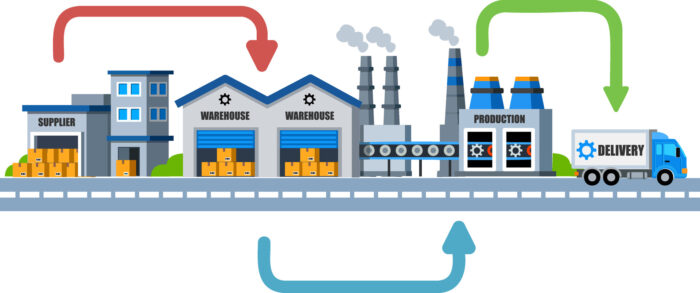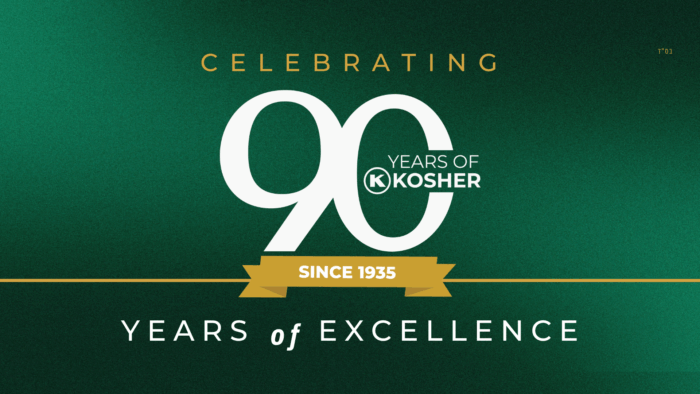
At OK Kosher, we closely monitor global food and beverage trends. One clear shift is the growing consumer demand for “naturalness.” Shoppers are increasingly favoring simpler ingredient lists, recognizable sources, and less artificial processing. This shift is shaping how plant-based innovation is moving forward, and it directly affects how brands approach both product development and kosher certification.
While plant-based and dairy-free products have seen ups and downs, they remain an industry focus. This often leads to the assumption that vegan or meatless formulations automatically qualify as kosher. In reality, kosher certification involves a range of factors that extend well beyond the absence of animal ingredients. For companies entering this space, understanding these requirements is essential.
Why “Vegan” Doesn’t Always Mean “Kosher”
Kosher certification is about much more than eliminating non-kosher animal ingredients, which is the main focus of vegan products. Certification requires independent verification of ingredients, processing aids, and equipment. For plant-based manufacturers, that can include:
- Emulsifiers and Stabilizers – Essential for texture and shelf life, but sometimes derived from animal fats rather than plant oils.
- Natural Flavors – Broadly defined and sometimes sourced from non-kosher origins.
- Fermentation and Cultures – Common in dairy alternatives, but growth media may include dairy-based or other non-kosher nutrients.
- Shared Equipment – Many facilities run vegan products on lines that also handle dairy or non-kosher items.
Without kosher certification, these factors can complicate compliance.
Clean Label Isn’t Enough
Even clean-label products aren’t automatically kosher. For example:
- An oat milk labeled “oats + water” may still use enzymes from non-kosher fermentation.
- The enzyme step in oat or rice processing is especially sensitive — if the enzyme or its growth medium is non-kosher, the entire product is compromised
- A vegan protein bar may use glycerin or binders produced on equipment that also processes non-kosher ingredients.
These issues often lie beneath the label — in supply chains, formulations, and processing aids. That’s why kosher certification is trusted by both consumers and retailers.
A Real-World Example
One plant-based beverage company we worked with wanted to launch a new oat-based drink. From the very beginning, they included kosher certification in their product development checklist. Together, we reviewed enzymes, flavors, and processing aids before they finalized suppliers.
Because they planned ahead, the company was able to choose ingredients already kosher-approved, design cleaning protocols with certification in mind, and move smoothly through the audit process. The result? A successful, on-time launch with a product that proudly carried both the “plant-based” and the OK Kosher symbol — instantly recognized by retailers and consumers alike.
As the company told us afterward: “Building kosher into our process early was a smart business move. It saved us time and gave our product instant credibility in more markets.”
What Manufacturers Need to Consider
For food and beverage companies developing plant-based or dairy-free innovations, kosher certification should be built into the process early. Key areas to plan for include:
- Supplier Documentation – Every supplier must provide a current kosher certificate from a recognized agency. Certificates are ingredient-specific and must be maintained. Even when the ingredient itself seems acceptable (for example, pure vegetable oil or a plant protein), if it was produced in a facility that also processes non-kosher items using the same lines, tanks, or filters, it may not qualify as kosher. That’s why every ingredient must be both compliant and reviewed in the context of its processing environment. If a supplier does not have kosher certification, or if their certification is not approved for use in OK Kosher products, our specialists will guide you with options tailored to your company’s needs.
- Production Lines – Plan for the possibility of shared lines that also process dairy or non-kosher products if you want the product to qualify as kosher pareve (neutral). This is not always required, as the product can also be kosher dairy and plant-based.
By addressing these points early, manufacturers avoid reformulation costs, production delays, and compliance risks later in the product lifecycle.
Why Kosher Certification Adds Value
For manufacturers and brand owners, kosher certification is more than a symbol on packaging. It delivers:
- Market Access – Opens doors to the kosher consumer market and boosts credibility globally.
- Consumer Trust – Retailers and private labels view kosher certification as a benchmark of quality and accountability.
Building Trust Since 1935
As plant-based innovation accelerates, so does supply chain complexity. That’s why manufacturers partner with OK Kosher to ensure their products meet the highest global kosher standards.
Since 1935, our mission has been to provide independent, rigorous certification that supports manufacturers in scaling, innovating, and earning consumer trust.
Plant-based, dairy-free… but is it kosher? If you’re developing in this space, OK Kosher will make sure the answer is yes. Contact us today to learn how we can help bring your next innovation to market with confidence.


 EN
EN  ZH
ZH  KR
KR  BR
BR  ES
ES  IN
IN  IL
IL  JP
JP 



